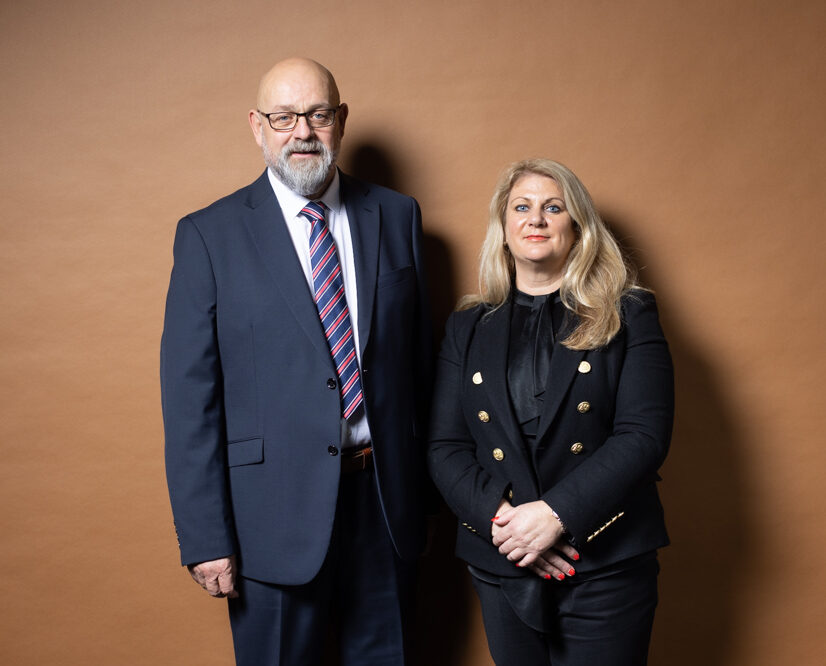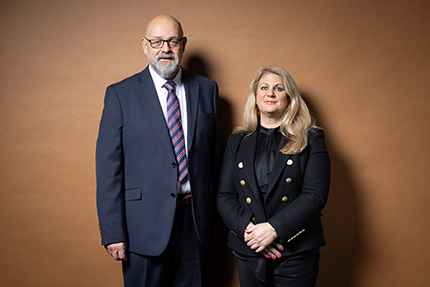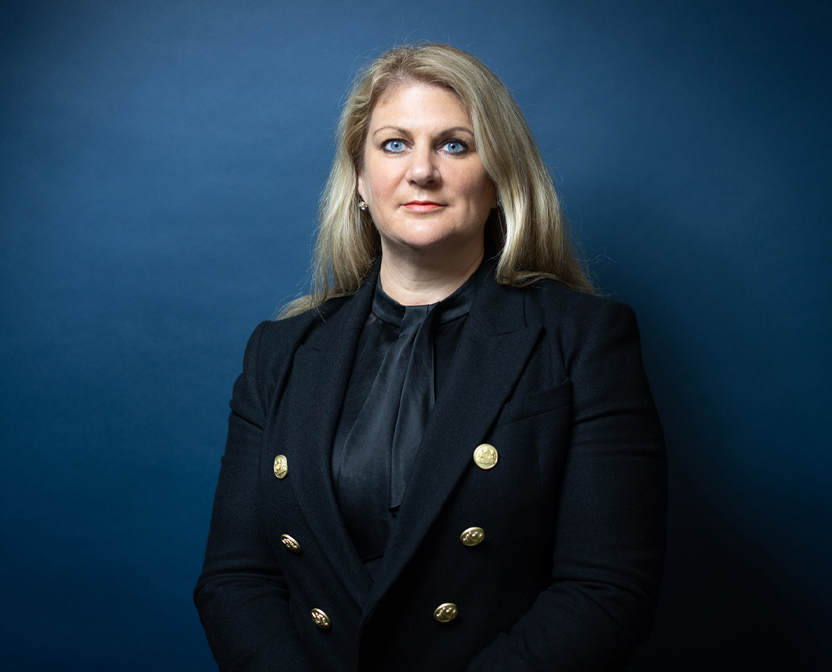What is Spousal Maintenance?
Spousal maintenance is a payment of a monthly income amount that may be awarded by the Court to be paid by the higher income earner to the other spouse with the lower income. It is not an automatic entitlement and is only awarded if one party cannot support themselves without payments from the other.
These regular payments from you to your ex are designed to bridge inequalities in your finances. How much support and for how long varies from case to case, our expert specialist family lawyers can assist you in the process.
The first step is to ascertain if there should be any spousal maintenance at all. The law requires the court to consider the possibility of a clean break order in every case, meaning is it possible to have a fair settlement with no ongoing maintenance payment. If a clean break isn’t appropriate immediately it will be necessary to look at spousal maintenance in terms of the amount and duration.
How much Spousal Maintenance is to be paid?
Each case is different dependent on the income of you both and the income needs of you and the children. The focus is on the expenditure requirements you both have and the income available to cover those needs. The standard of living you’ve enjoyed during the marriage will also be important.
How long will I have to pay Spousal Maintenance?
As stated above, the court’s first approach will be to achieve a clean break. If that’s not possible, the court will try to acheive a clean break as soon as possible, as long as the court is confident the receiver can manage without spousal support. For the recipient, it is a transition period, and is expected that they will lessen the need of ongoing spousal support through retraining and obtaining employment where possible.
In some cases, it’s clear from the outset that the income gap may never be fairly bridged and an open-ended spousal maintenance (or “joint lives”) order is appropriate. This means that the payments continue until either you or your ex dies, the recipient remarries or a specific term in the order, such as retirement, has been met.
Can the amount of change?
Most Family lawyers try to achieve a clean break order where possible. One reason for this is that spousal maintenance is variable upon a further application to the court where there has been a change in circumstances. It can be increased or decreased in the future depending on any changes in your or your ex’s financial position. In addition, it can be “capitalised”, which involves the payer making a one-off payment instead of regular monthly amounts to achieve a clean break.
Do note Spousal maintenance in most cases is separate to child maintenance. Whilst any spousal maintenance assessment starting point is what the child maintenance payable would be, the spousal maintenance is in addition. In some cases, it might be possible to negotiate a global maintenance payment which takes into account spousal maintenance and any financial support for your children.
For Clear, Precise Advice call us and speak to one of our team today.
Meet our team of experts
Frequently asked questions
Clear Advice Feels Better
Family and Divorce Client Reviews
Divorce Client Review
Mr Mark Mosley has a wonderful manner ensuring that I understood all stages of the process. He was always supportive. I wish to take this opportunity to thank him, Mark is without doubt the person I would recommend to anyone going through a Divorce.

Family Law Client Thank you
Thank you so much Val you have helped me through this and I feel more confident for tomorrow whatever the outcome is.

Family Law Client Testimonial
It’s been a long year with all this so I’d like to also say thank you for all you and Martin have helped me and the girls it’s massively appreciated.















